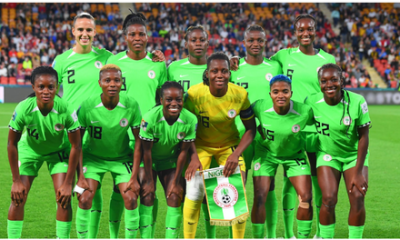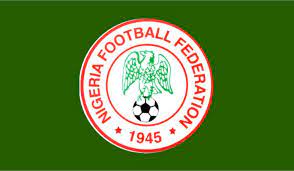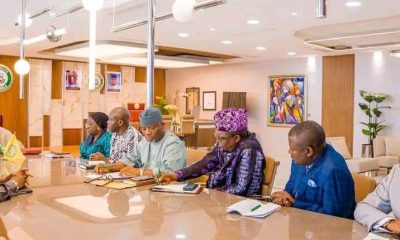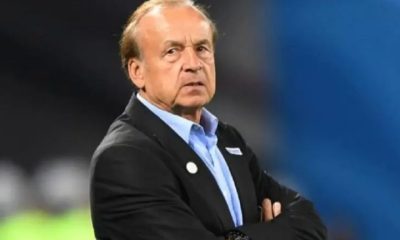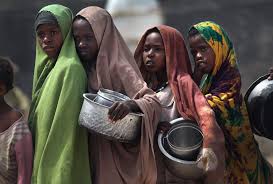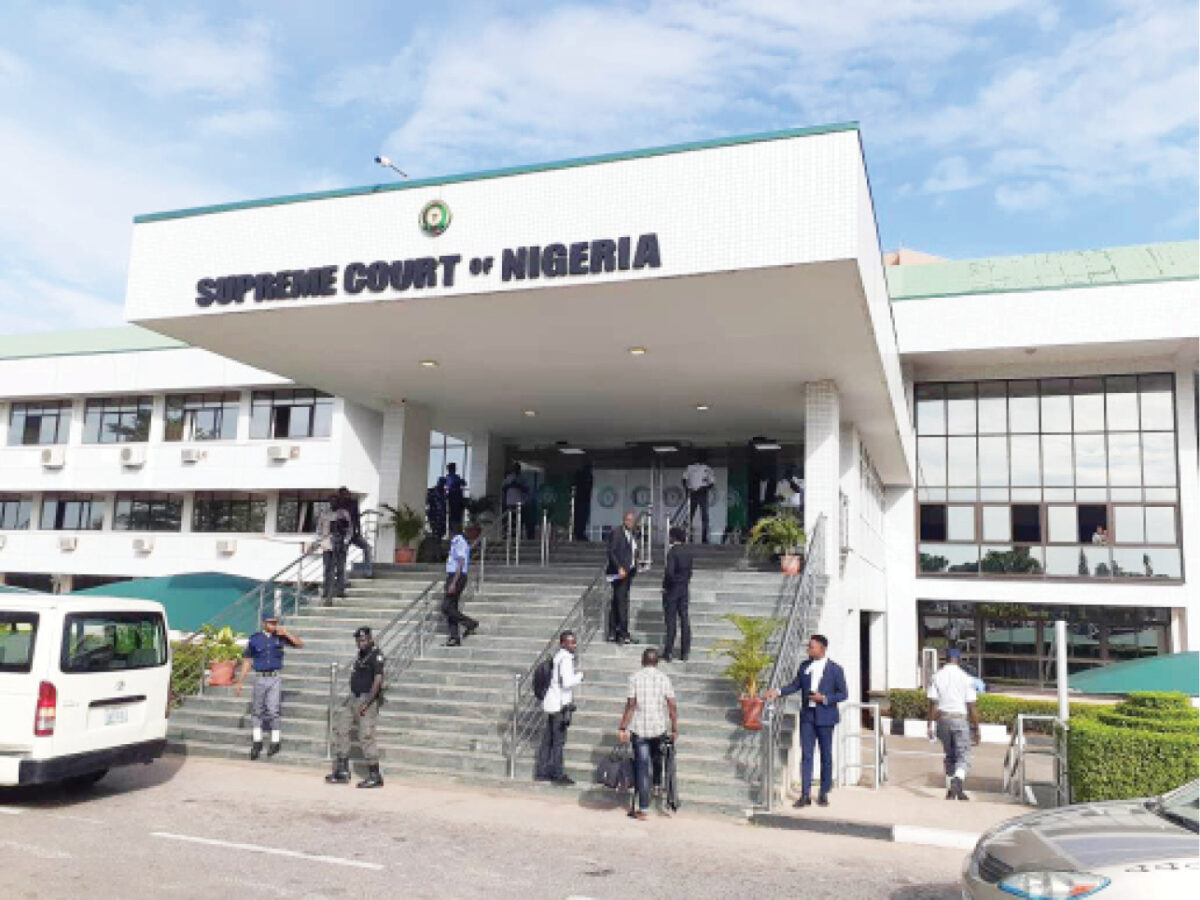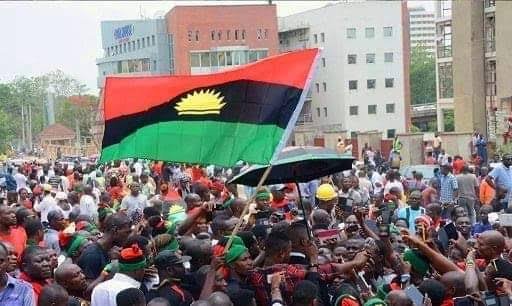In a dramatic turn of events that has captured the nation’s collective consciousness, the Supreme Court has chosen to withhold its judgment on a deeply contentious issue that strikes at the heart of Nigeria’s democratic ethos. The legal battle between various state governments and the Attorney General over Local Government (LG) funds has ignited a firestorm of debate, revealing underlying tensions and igniting fervent emotions across the nation.
The case, shrouded in layers of legal complexity and political intrigue, delves into the intricate relationship between federal and state authorities, particularly concerning the disbursement and management of funds allocated to local governments. At its core, the dispute centers on the autonomy of local governments and the extent of control exerted by state governors versus the federal oversight spearheaded by the Attorney General.
For months, this high-stakes courtroom drama has unfolded with each party presenting compelling arguments. State governments argue vehemently for the sanctity of their constitutional rights to manage and disburse funds as they see fit, championing the cause of decentralization and local governance. They contend that the Attorney General’s attempts to dictate the flow of LG funds encroach upon their jurisdiction and undermine the principles of federalism.
Conversely, the Attorney General’s office, wielding the weight of federal authority, asserts that the intervention is crucial to ensuring transparency, accountability, and equitable distribution of resources. The federal government posits that without stringent oversight, the risk of financial mismanagement and corruption at the local government level looms large, threatening the very fabric of grassroots development.
As the legal teams sparred within the hallowed halls of the Supreme Court, the nation watched with bated breath. This case has not only become a litmus test for the judicial system’s integrity but also a reflection of the broader struggle for power and resources within Nigeria’s federative structure. The courtroom proceedings have seen impassioned pleas, intricate legal maneuvering, and moments of palpable tension, underscoring the profound significance of the outcome.
The decision to withhold judgment has left the populace in a state of heightened anticipation. Legal experts and political analysts speculate that the court’s reluctance to deliver an immediate verdict suggests a deep contemplation of the far-reaching implications this case holds for the nation’s governance framework. The Supreme Court, in its wisdom, seems to recognize that its ruling will set a precedent with lasting repercussions on the balance of power between federal and state entities.
Amid this judicial suspense, the emotional stakes for everyday Nigerians are soaring. Local government areas, often the most direct point of contact between the citizenry and their government, hang in the balance. The efficient functioning and financial integrity of LGAs are vital for delivering essential services, fostering development, and nurturing democracy at the grassroots level.
For many, this case embodies a larger struggle for justice and equitable governance. It has galvanized civil society groups, activists, and ordinary citizens who yearn for a system where local governments can thrive, free from the shackles of bureaucratic overreach and financial opacity.
As the nation awaits the Supreme Court’s eventual judgment, the overarching sentiment is one of hope mingled with trepidation. Will the court uphold the principles of federalism and local autonomy, or will it side with the need for centralized oversight and fiscal discipline? Whichever way the scales of justice tilt, the ramifications will undoubtedly reverberate through Nigeria’s political and administrative landscape for years to come.
In this poignant moment of judicial limbo, the nation stands at a crossroad. The ultimate verdict will not merely settle a legal dispute; it will resonate as a defining chapter in Nigeria’s ongoing quest for a just, accountable, and effective system of governance. The Supreme Court’s forthcoming decision, when it finally arrives, will echo with the aspirations and anxieties of a nation fervently striving towards a brighter, more equitable future.
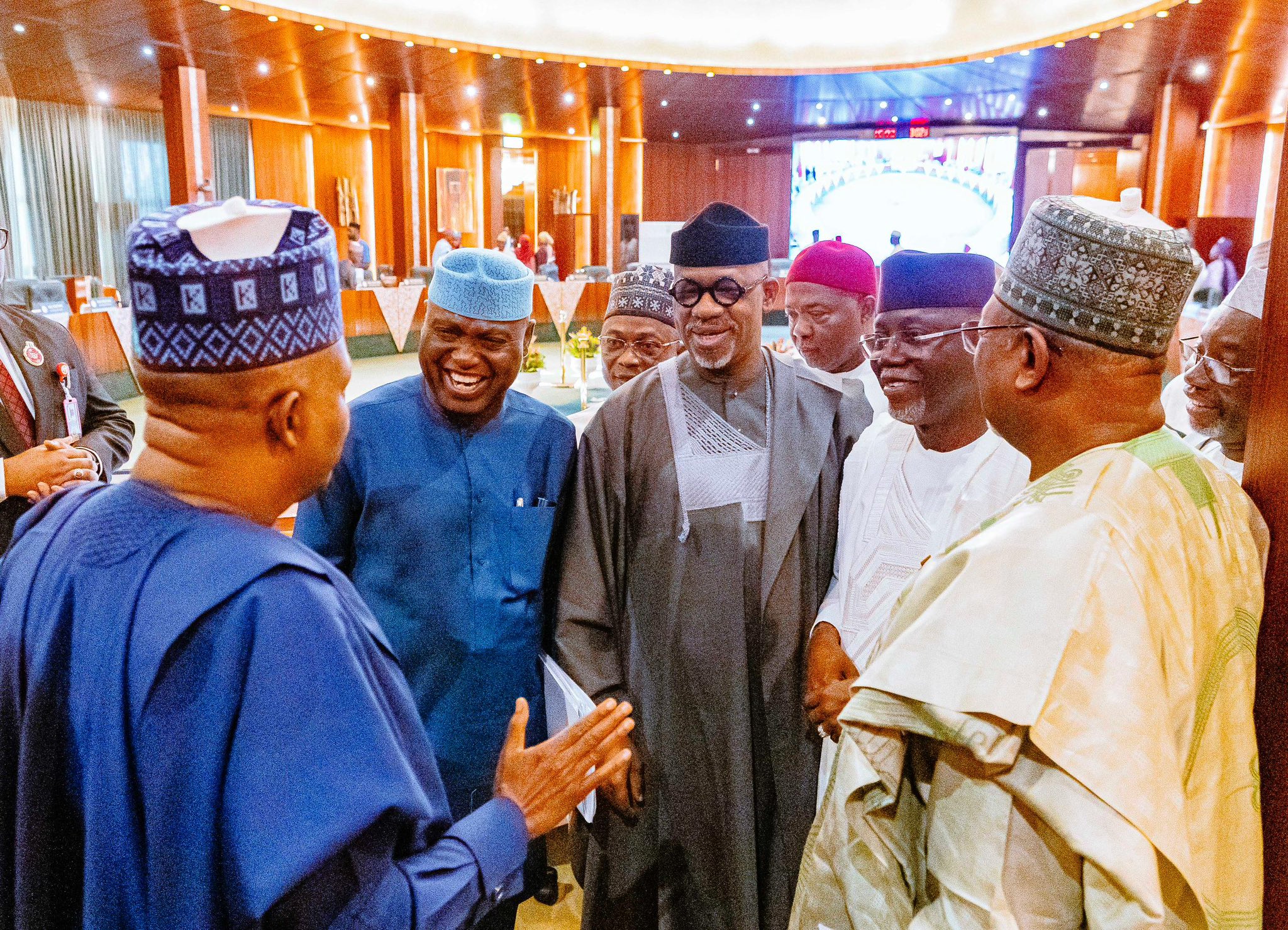
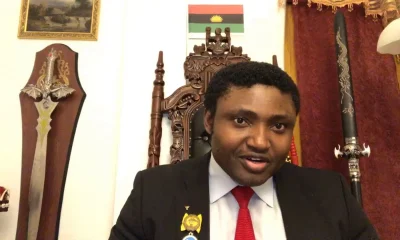
 News21 hours ago
News21 hours ago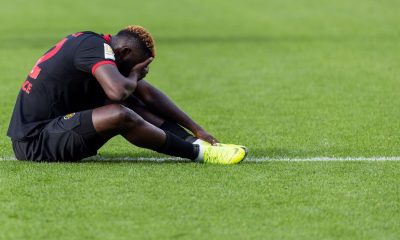
 Football2 hours ago
Football2 hours ago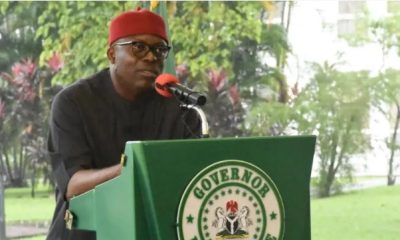
 News24 hours ago
News24 hours ago
 News23 hours ago
News23 hours ago
 Entertainment20 hours ago
Entertainment20 hours ago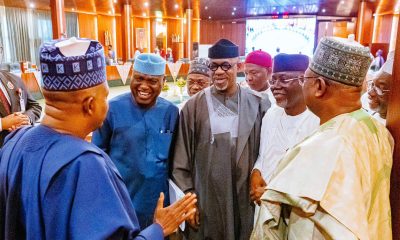
 News8 hours ago
News8 hours ago
 Business21 hours ago
Business21 hours ago
 Entertainment9 hours ago
Entertainment9 hours ago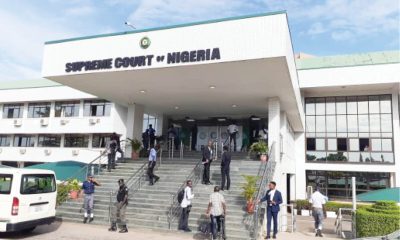
 News5 hours ago
News5 hours ago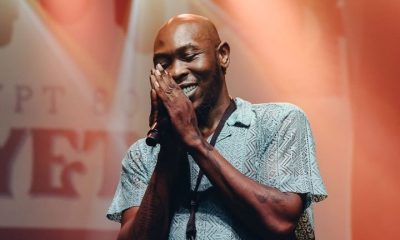
 Entertainment20 hours ago
Entertainment20 hours ago



